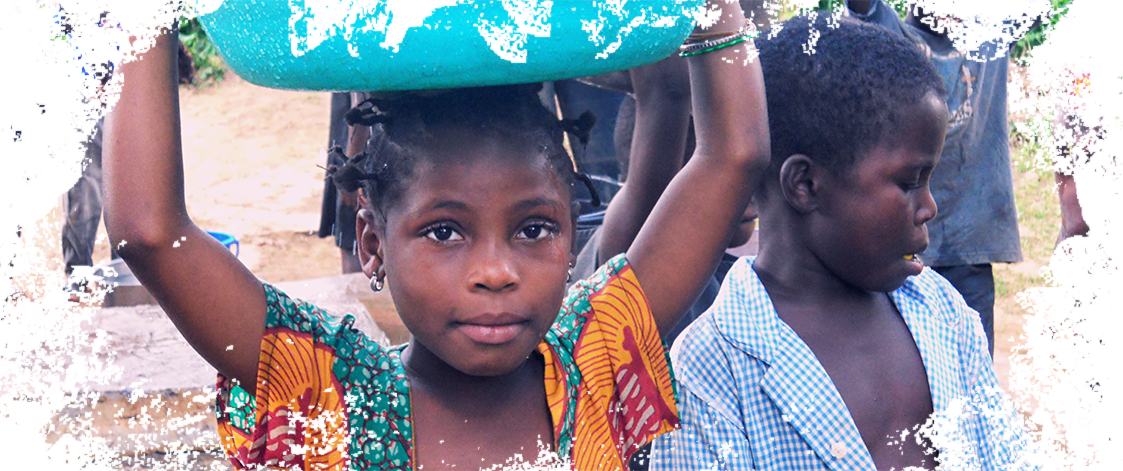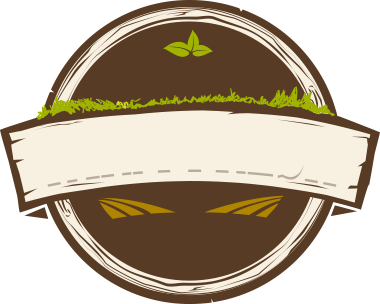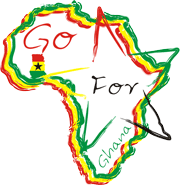The situation and challenge in Ghana
Ghana has a tropical climate without seasons, and alternates between rainy periods and dry periods. Along the coast, in the region around Accra, the climate is warm and relatively dry; in the south-west around Takoradi it is hot and humid, while the Tamale region is hot and dry due to the air from the Sahara. In the north there are also great differences between the daytime and night time temperatures. In Ghana, the highest temperatures occur just before the rainy periods.
Aims of the farm
The well which will be built on the farm will mainly ensure continuous irrigation of the plants and crops. Our concept for an ecologically friendly permaculture was produced by our volunteer farmer in Germany. Thanks to his planning, the farm will be self-sufficient. With our biological cultivation of food and the use of natural fertilisers, we want to be a model for the farmers in the region. During our team discussions, we will encourage our workers to act as multipliers of our cultivation methods in their village. Agriculture will taught to the children on the farm as a practical subject. In their education our cultivation methods will be linked to the theory of a balanced diet during school lessons.
Implementation
Our farmer has examined the fields of animal husbandry and crop cultivation and extracted what is easiest for us to cultivate on our farm. The choice of vegetables, fruit and cereals is therefore clear. Of course, we will also rely on the experience of local farmers and knowledge obtained from general agricultural development aid.
Our farm animals will mainly be cows for milk production, as well as pigs and poultry. The processing of animal produce is being carefully planned, but has not been completely finalised at present. Proper composting and use of animal dung are current considerations. We welcome any useful information about recommended strategies and techniques.
Independence
The agricultural operations of our farm will not just make us self-sufficient. Beyond what we need for our own use, a surplus will be produced. This will enable us to cover our operating costs and finance the necessary innovations in the course of the project.






